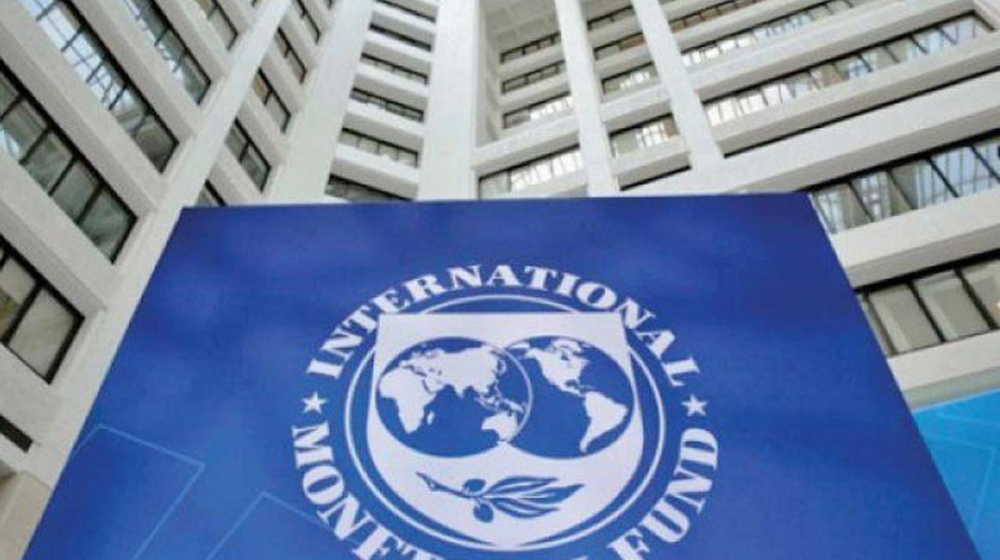The policy level talks between Pakistan and the International Monetary Fund are set to continue until November 20. These talks focus on the country’s policies regarding the economy’s salvation from the present crisis.
The fund is about to award a bailout package to Pakistan to protect it against defaulting on international payments. To make the country able to redeem the package in future, the global monetary organization prescribes certain policy measures, that after negotiations, become binding on the recipient of the package.
The IMF has recommended several measures that are not going to bode well for the public and ultimately the government, as they tend to enhance the inflation and reduce the purchasing power of the citizens.
ALSO READ
Bailout Package: Pakistan, IMF to Start Policy Level Talks From Tuesday
Steep Fiscal Adjustment
The fund has asked the government for a fiscal adjustment to cut on the budget deficit at around 3.5 percent of the GDP when its package ends.
The only way to bring about this adjustment is by increasing taxes, as there is lesser room to cut on the expenditures side. Therefore, the IMF has asked the government to introduce new taxes valuing around Rs. 160 billion. It has recommended increasing the standard general sales tax (GST) to 18 percent.
Moreover, the fund has reportedly prescribed the tax-to-GDP ratio of 0.4 percent to achieve the target tax revenue as part of a steep fiscal adjustment.
The fund has sought a strategy from the Federal Board of Revenue (FBR) for releasing tax funds before the end of policy talks. The IMF has also suggested improving revenue collection at the import stage amid 26 percent rupee depreciation this year and further devaluation under the program.
Reportedly, the government is trying to determine the tax target as per the minimum 12.5 percent nominal GDP growth rate.
The overall impact of the increased taxes, gains from the currency devaluation, and administrative efforts is projected to be at 0.9 percent of the GDP.
It needs to be mentioned here that Pakistan has not approved these demands yet. If the government implements the IMF recommendations, balancing the direct and indirect taxes is going to be a big challenge.
Via: Tribune

























